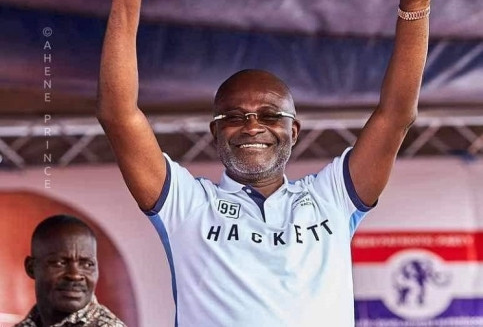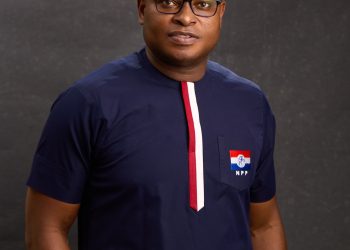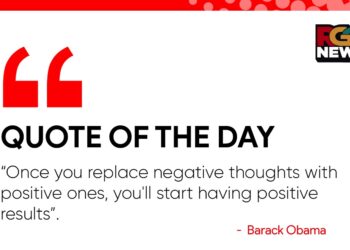Kennedy Agyapong, a prominent Ghanaian businessman and politician, has gained notoriety for his politically incorrect and often controversial rhetoric, reminiscent of former U.S. President Donald Trump’s style.
Like Trump, Agyapong has been criticized for his inflammatory language, including remarks perceived as tribal and offensive. In 2012, he was accused of making comments that allegedly incited violence, calling on members of the Ashanti tribe to harm Ewes in the Ashanti Region of Ghana. He even issued a warning to the then-National Security Minister, Gbevlo Lartey, not to intervene.
Agyapong’s alleged statement, made during a media engagement on Oman FM, included the following: “Today I declare war in this country, Gbevlo-Lartey, and his people, IGP should know this. Voltarians in the Ashanti Region will not be spared. If anyone touches you, butcher him with a cutlass.”
As a result of these comments, Agyapong faced charges of provocation to riot and offensive conduct, to which he pleaded not guilty. His controversial language extended to his own political party, the New Patriotic Party (NPP), which he publicly criticized, stating, “I Don’t Know Why I Joined This Useless Party.”
Agyapong’s most contentious remarks came in connection with the murder of investigative journalist Ahmed Suale. Many have accused him of being involved in Suale’s killing due to his public comments.
Despite these controversies, some experts suggest that Agyapong’s political style resonates with grassroots supporters who could form his political base. He has touted his contributions to the NPP and positioned himself as the only flagbearer candidate genuinely in touch with the grassroots.
Agyapong has also dabbled in what some describe as tribal politics, questioning why there is an alleged effort to remove Ashantis from leadership positions within the NPP.
However, it is essential to note that while there are similarities in the politically incorrect approaches of Donald Trump and Kennedy Agyapong, their respective contexts and constituencies differ significantly. Trump appealed to the Christian and conservative American population, a demographic that may not hold the same influence in Ghana if it exists at all.
Whether Agyapong’s “Trumpish” approach to politics will win the support of the majority of NPP delegates and, ultimately, the Ghanaian public remains to be seen. His provocative style has garnered attention, but its effectiveness as a political strategy in the Ghanaian context remains uncertain.
















